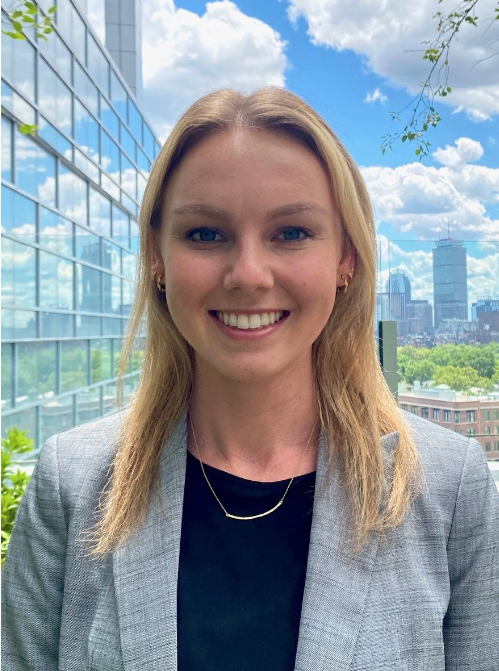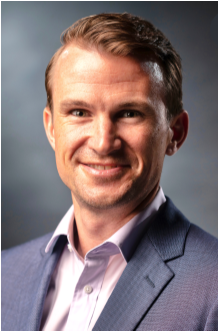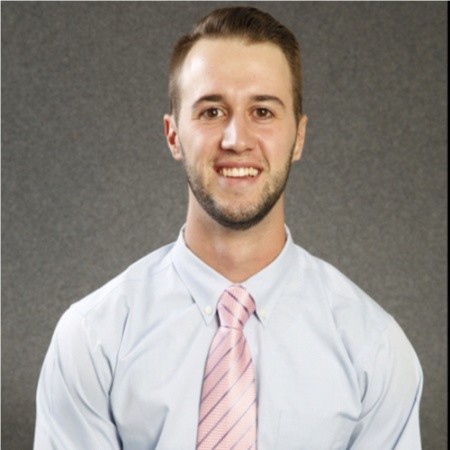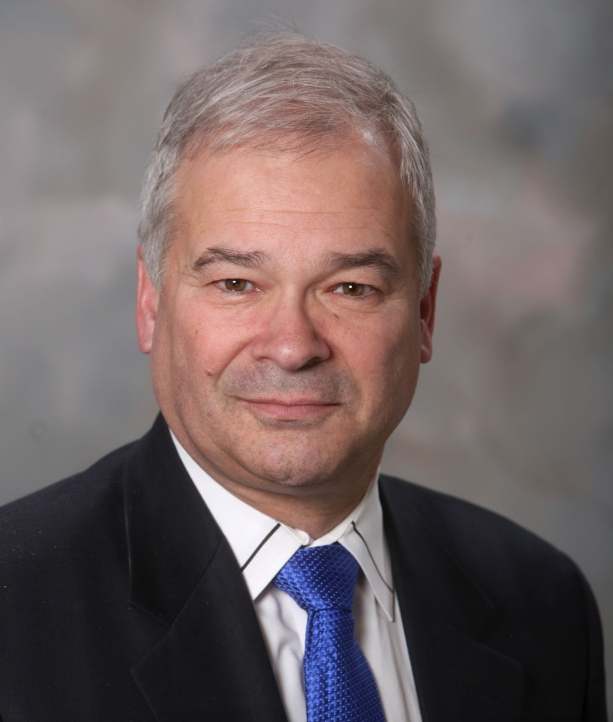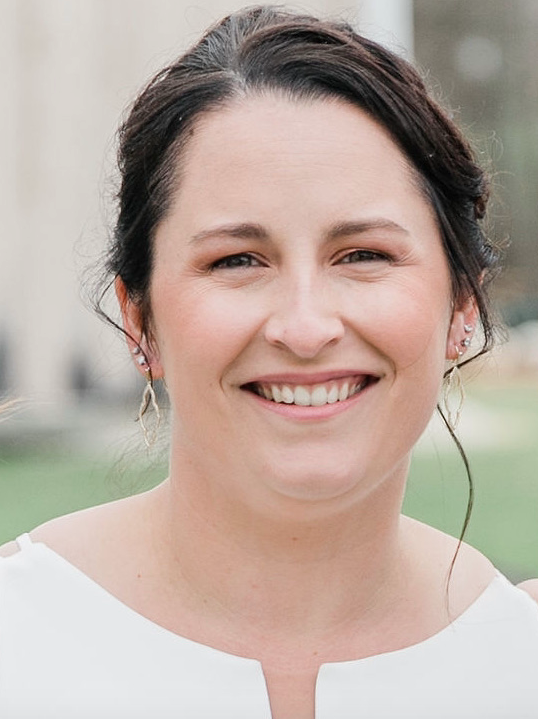Name: Jenna Barnes
Class Year: 2021
Title: Clinical Research Coordinator
Organization Name: Massachusetts General Hospital – Cardiac Surgery Department
1. In one sentence, what does your job entail?
I collaborate with cardiac surgeons, cardiologists, and sponsors to coordinate a wide variety of clinical trials at MGH that aim to inform and advance treatment options for patients with advanced heart failure and/or those undergoing cardiac surgery.
2. What planned and unplanned events connected you to your industry and your first employer after Holy Cross? How did you learn/decide it was a good fit for you?
My experiences outside the classroom really shaped my desire to pursue a career in medicine, and I knew Mass General Hospital was a renowned academic medical center where I could envision myself in my future career. After speaking with medical students and those applying to medical school about their gap years, I learned of the extensive Clinical Research Coordinator opportunities in various departments at MGH and other nearby hospitals. I was ultimately drawn to my CRC position in Cardiac Surgery because of the opportunity to work on a big team of research coordinators with multiple Principal Investigators on a diverse range of clinical trials in a field and patient population of interest to me.
3. What were you involved in when you were on campus?
I was a four-year member of the Women’s Soccer team. I conducted undergraduate research in Professor Petty’s chemistry research lab, starting out in the Weiss Summer Research Program and continuing throughout the school year. I spent my senior year working as an emergency department scribe at UMass Memorial Medical Center (Memorial Campus) through ScribeAmerica, and I also volunteered at the front desk of the UMass University Campus ED. Through the SPUD program, I volunteered as a weekly classroom assistant at Quinsigamond Elementary, and along with my teammates, I volunteered for Special Olympics, Girls Inc. of Worcester, and HC Dance Marathon.
4. What was your major and how did it affect your career decisions?
The chemistry major allowed me to explore wet lab research as well as applications in both medicine and the pharmaceutical industry. I was able to apply some of my chemistry knowledge during a summer internship conducting pharmaceutical research aimed towards developing cancer vaccines. After thoroughly enjoying my experiences in more clinical settings down the line, I ultimately decided to prepare to apply for medical school and the chemistry major’s overlap with pre-medical course requirements was very helpful.
5. What are one or two skills that you developed at Holy Cross that you use in your work?
Holy Cross helped me develop my ability to understand and appreciate different perspectives and backgrounds, particularly when engaging with vulnerable populations or working on a team. This has translated well to my position, where I must collaborate with a large team of providers and researchers with different ideas, as well as respect and be sensitive to the cultural and socioeconomic backgrounds of our patients.
6. What advice do you have for students on campus today?
I would advise students to use their time outside of the classroom to the fullest, particularly to engage with diverse communities and form meaningful connections with programs or individuals in and around Worcester. I highly recommend working as a medical scribe – it is a great opportunity to directly observe physician-patient interactions and learn medical processes/terminology. Also, take advantage of our strong alumni network – do not be afraid to reach out to alumni in your desired field for general career advice, shadowing opportunities, etc.


